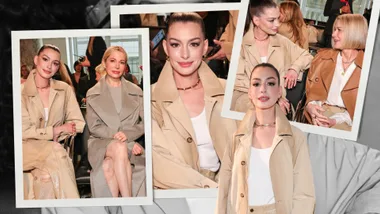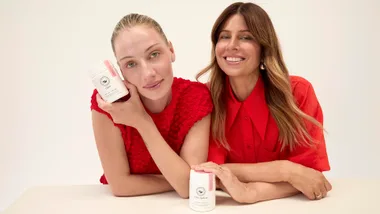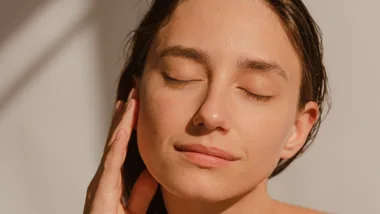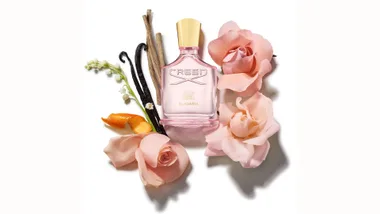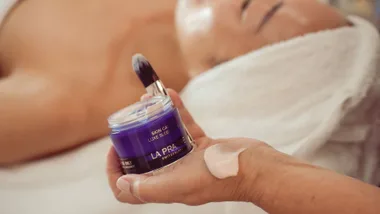Australian sweetheart and ARIA Award-winning artist Jessica Mauboy has joined forces with L’Oréal Paris for a second year running, taking a stand against street harassment.
It’s a sobering truth that most of us will both experience and witness street harassment, which is the broad term used to describe unwanted comments, gestures or acts directed at someone in a public space.
According to an international study conducted by L’Oréal Paris, 78% of Australian women have experienced street harassment, and 70% of us have witnessed it. That’s far, far too many.
L’Oréal’s campaign is about more than raising awareness; it’s about empowering women and others to safely defuse street harassment in action, making public spaces safer for all of us.
To mark Anti-Street Harassment Week (April 16 to April 22), Jess sat down with marie claire Australia to reveal why this issue hits so close to home.
marie claire Australia: Why is this initiative so important to L’Oréal Paris and to you personally?
Jessica Mauboy: This campaign is so important because it’s about raising awareness for street harassment, which is a real community issue. I was in disbelief when I heard the stats that 78% of Australian women have experienced street harassment at least once. That is a massive figure that, in my opinion, is way too high, and it’s a serious issue.
What’s really special about this campaign is that L’Oréal Paris are committed to taking a stance and making a change. Street harassment is a huge issue and it’s not ok. This campaign is about empowering women. Anyone who has experienced street harassment is not alone, and it is never their fault. L’Oréal Paris is committed to supporting the community and I’m really proud to be a part of the team sharing this message.
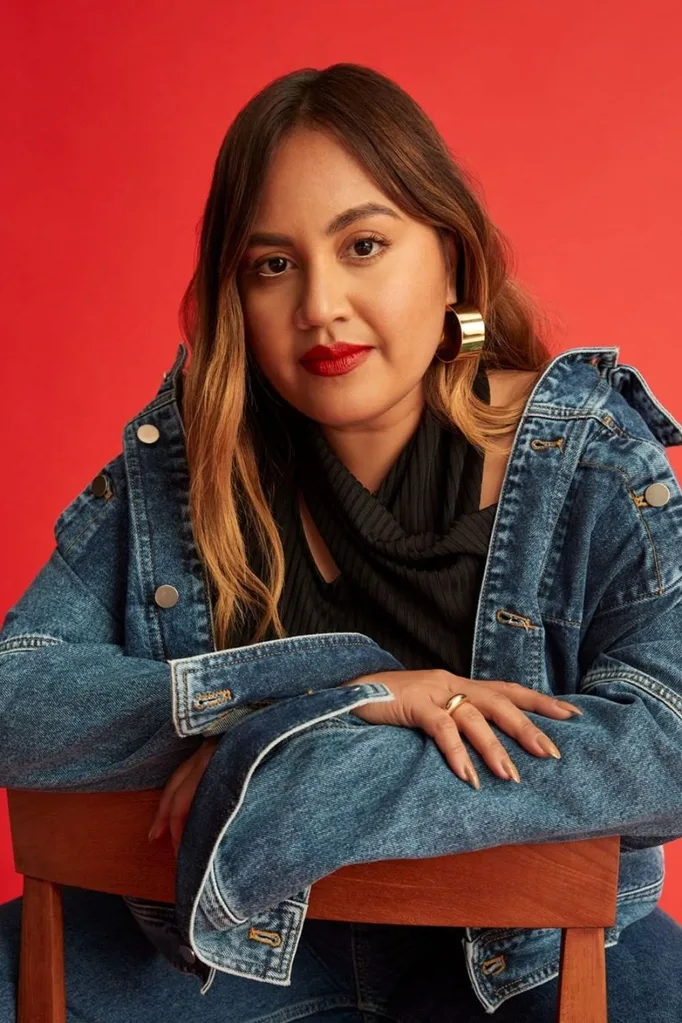
MC: What are some of the goals for this initiative?
JM: This initiative is all about raising awareness and creating a safe space for people to have conversations about what’s going on in their community. Training and education are so important and I feel so inspired by the strategy L’Oréal Paris and Plan International Australia are taking with the Not In Our Streets Panel. Every time I go on tour, I look forward to sharing my new music and stories about what’s been happening in my life, but this is a different kind of tour that is focused on self development and education. This month the L’Oréal Paris team will be popping up at Universities in Melbourne, Sydney and Brisbane with an aim to train over 20,000 students in the five D’s: Distract, Delegate, Document, Direct, and Delay.
The more people who know how to safely intervene against street harassment when they see it, the more impact we can all have. My motto in life has always been that knowledge is power, and while I didn’t have the five D’s when I was growing up, my family always taught me to be strong in who I am and where I come from. My fellow L’Oréal Paris ambassador, Tarang Chawla, is also leading the panels at the unis with amazing guests like Chanel Contos, Hannah Ferguson, and Saxon Mullins. Sharing personal experiences and strategies, and doing the training, gives people insight and tools they can use to help us, together, to create safe respectful streets for everyone.
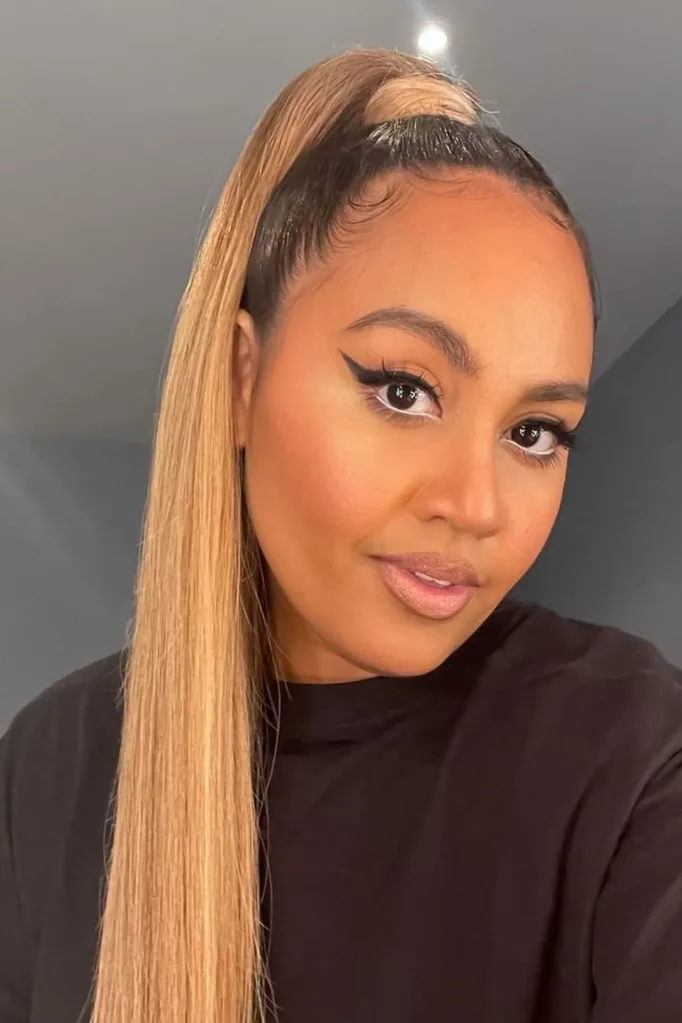
MC: No one asks for this type of harassment. Is there anything we should do if it happens to us?
JM: Everyone processes things differently and every situation and circumstance is different, but it’s so important to know that if street harassment happens (or has happened to you in the past), it’s not your fault. Sometimes talking about what has happened can help, and it’s ok to ask if you need support. There will be people in your life, or professionals, who’ll listen without judgement and who’ll support you.
MC: The onus is often placed on the victim to speak up in these scenarios. Are there any strategies you’d suggest for bystanders?
This is where the Not In Our Streets Tour can really have an impact. The training being taught at the sessions — Distract, Delegate, Document, Direct, and Delay — is so relevant here. It gives bystanders different strategies to help them safely intervene against street harassment when they see it. It’s so important we all learn how best to be conscious and aware of our surroundings and what to do in an emergency.
MC: As an Australian icon, making a stand against this type of harassment is important to help bring about change. What is your message to men and women to help ease the issue?
JM: My message is to always be sensible and conscious of your surroundings. Knowledge is power and taking the training in the five D’s can make a massive difference in how you (and others) react in different situations. Bystander intervention is based on the idea that we all have a responsibility to prevent street harassment safely. All of us can be part of the solution.
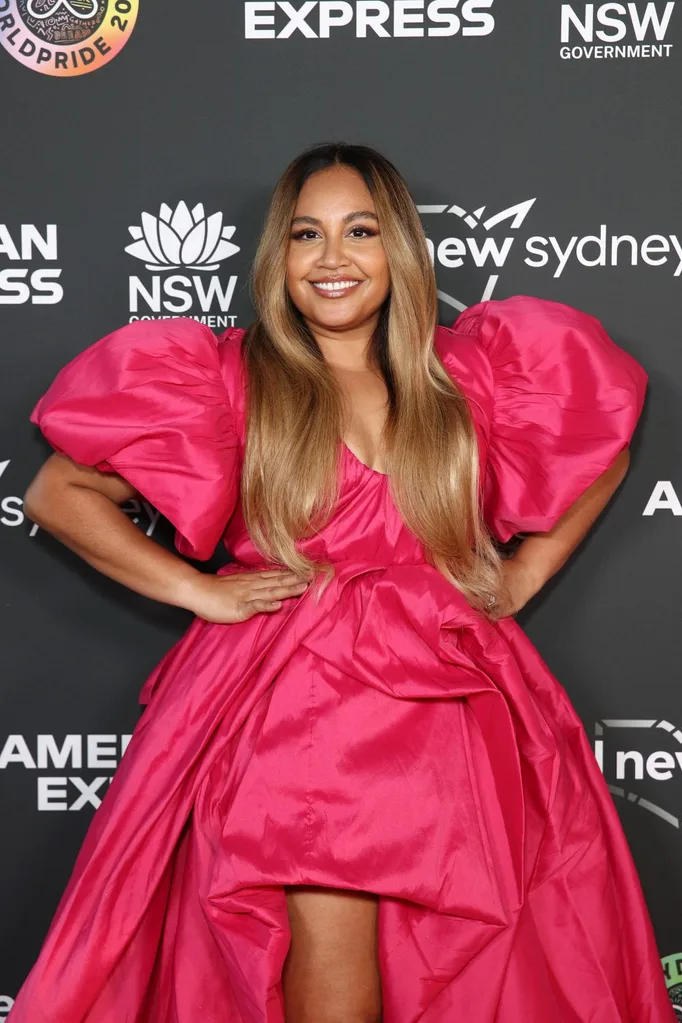
MC: Minority communities are often disproportionately impacted. Is there key messaging around how we can best support these people in particular and end the cycle?
JM: As a community, we need to continue to address the underlying causes of street harassment — some of which may include gender inequality, racism, homophobia, transphobia and/or ableism, etc. We all need allies to stand up when they see this happening and be a part of the solution!
MC: If people walk away from the panel and the training with one thing, one thought, one insight – what do you hope that is?
JM: The key message of the training is that it is possible to safely intervene. Street harassment doesn’t have to be a reality – we can shift the culture that condones it and together we can stand up. There’s strength in standing united.


